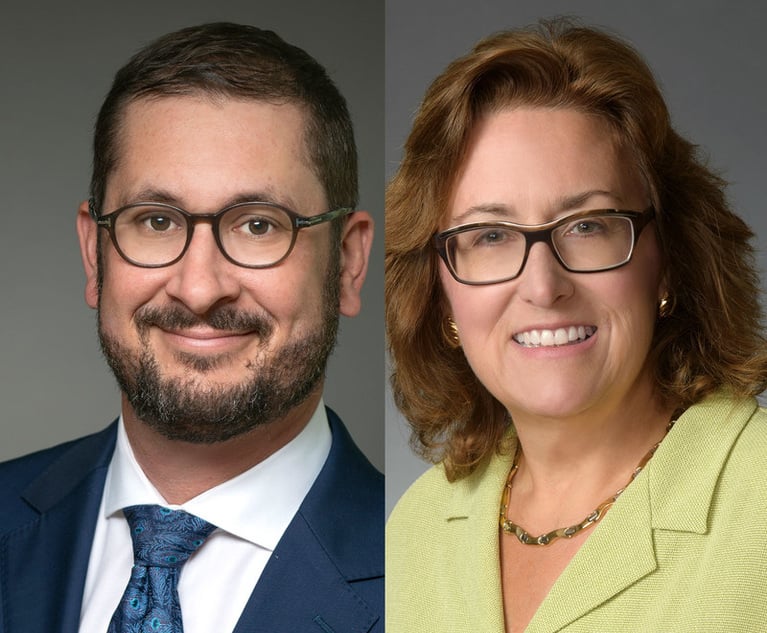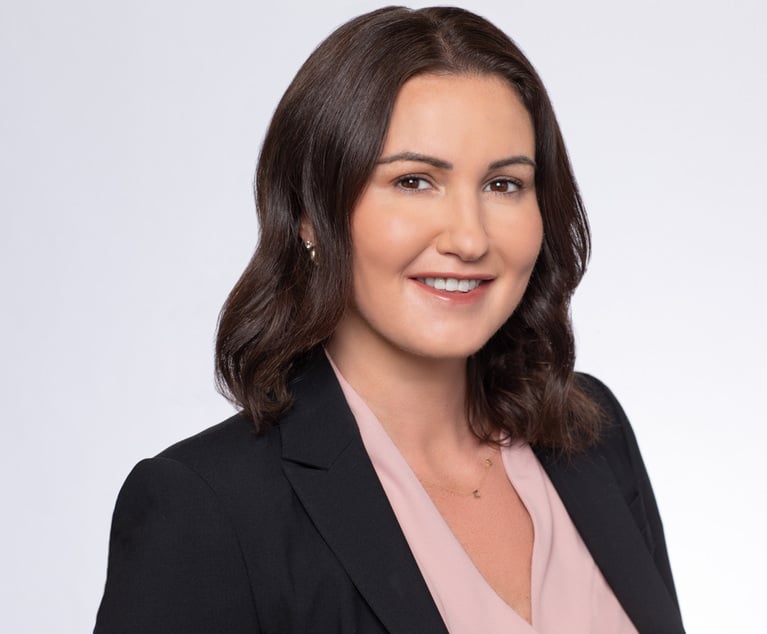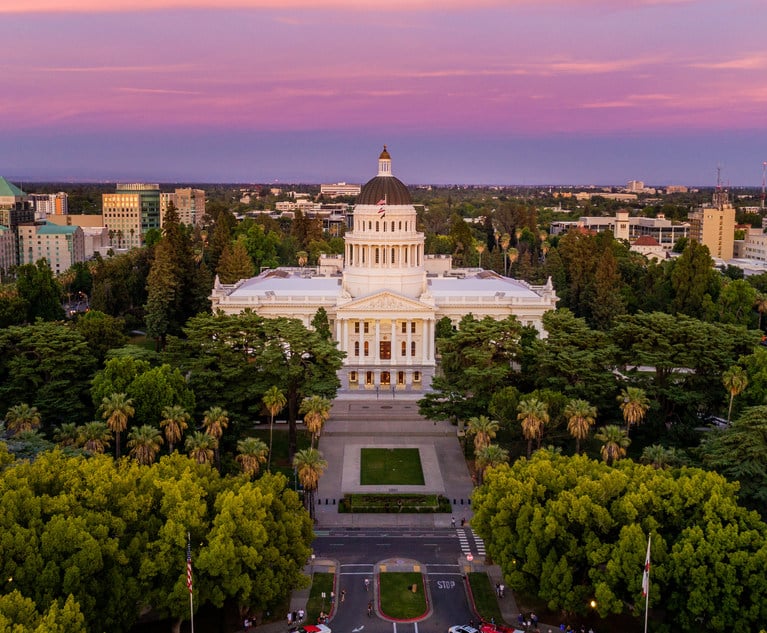Since the Supreme Court’s 2006 split-decision in United States v. Rapanos, successive administrations have struggled to define the extent of federal jurisdiction under the Clean Water Act (CWA). That struggle continued through the Obama administration and now, into the Trump administration. The stakes are high because of the substantial federal oversight triggered if a property is subject to CWA jurisdiction.
Now-retired U.S. Supreme Court Justice Anthony Kennedy remarked that the scope of jurisdiction under the federal Clean Water Act (CWA) is “notoriously unclear.” He went on to note that “the reach and systemic consequences of the [CWA] remain a cause for concern … and the consequences to landowners even for inadvertent violations can be crushing.” For owners of property that contain jurisdictional “waters of the United States,” the time and cost associated with the CWA permitting process is daunting. Conversely, failure to get a permit when otherwise required can expose a landowner to criminal enforcement or civil penalties accruing at the rate of $53,484 per day. Against this risk is the additional difficulty that often it is unclear to what extent property is subject to CWA jurisdiction. The task of determining whether the CWA applies has become even more difficult due to a recent district court opinion that effectively creates different standards depending your state.
This content has been archived. It is available through our partners, LexisNexis® and Bloomberg Law.
To view this content, please continue to their sites.
Not a Lexis Subscriber?
Subscribe Now
Not a Bloomberg Law Subscriber?
Subscribe Now
LexisNexis® and Bloomberg Law are third party online distributors of the broad collection of current and archived versions of ALM's legal news publications. LexisNexis® and Bloomberg Law customers are able to access and use ALM's content, including content from the National Law Journal, The American Lawyer, Legaltech News, The New York Law Journal, and Corporate Counsel, as well as other sources of legal information.
For questions call 1-877-256-2472 or contact us at [email protected]


 Left to right: Sam Brown and Tom Boer of Hunton Andrews Kurth
Left to right: Sam Brown and Tom Boer of Hunton Andrews Kurth




